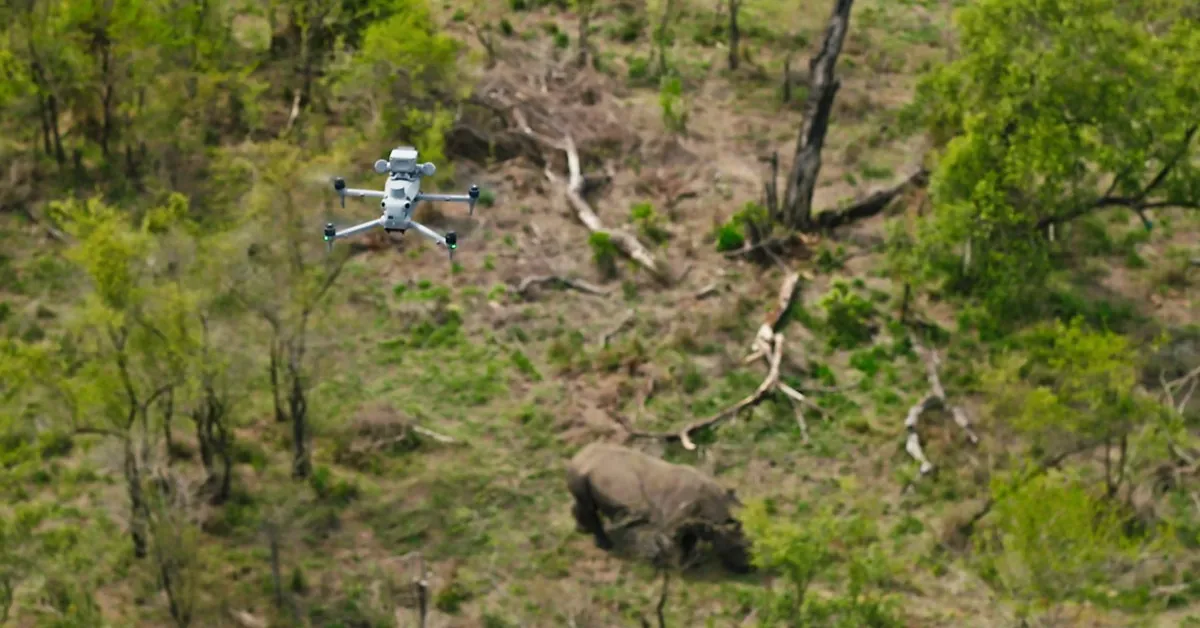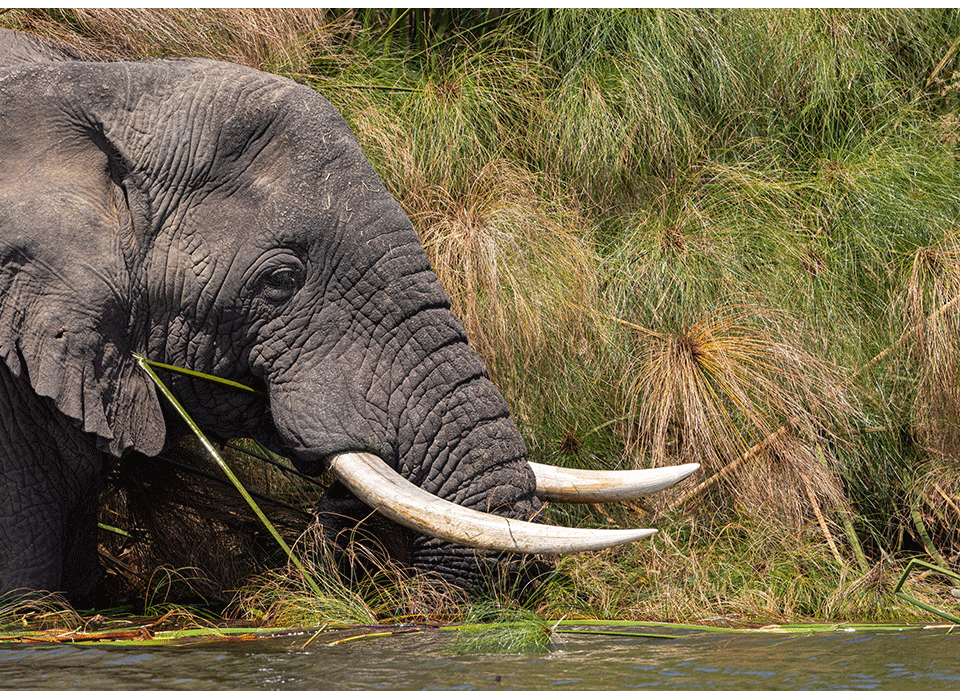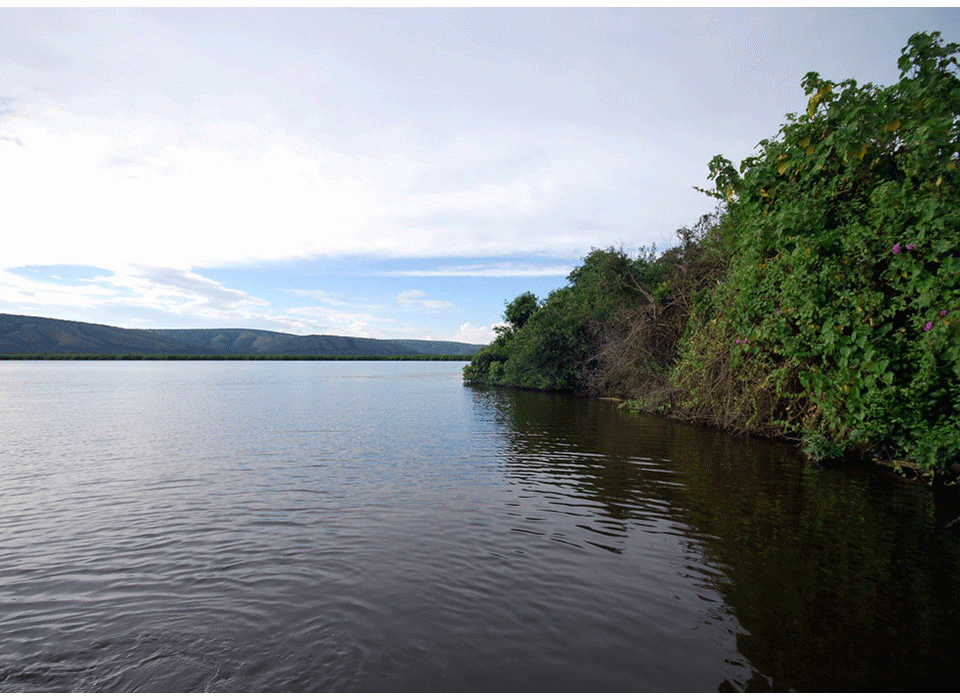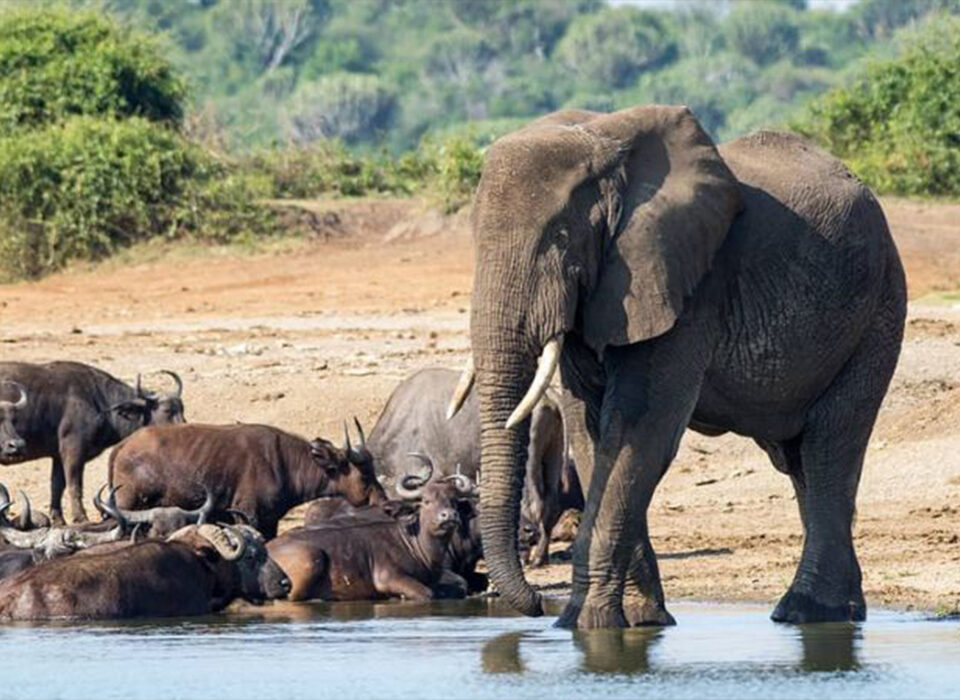
How do I protect my gear from dust during game drives?
November 20, 2025
What’s the weather like in Kenya year-round?
November 20, 2025Can I Use Drones in Kenya’s Parks?
As drone photography and videography gain global popularity, many travellers planning a safari wonder whether they can bring their drones into Kenya’s national parks and reserves. The appeal is obvious—imagine capturing sweeping aerial images of the Maasai Mara plains, filming herds of elephants in Amboseli from above, or creating cinematic flyovers of Samburu’s rugged scenery. Yet, the use of drones in Kenya is tightly regulated, especially in protected wildlife areas. Understanding these regulations is crucial to avoid legal trouble, protect wildlife, and ensure the safety and privacy of other visitors. So, the important question becomes: Can I use drones in Kenya’s parks?
The straightforward answer is generally no. Drones are strictly prohibited inside all national parks, national reserves, and conservancy areas unless you have explicit special permits from Kenya’s government bodies—and these permits are difficult to obtain. Kenya has clear laws governing drone import, registration, usage, and aerial photography. Violating these rules can result in confiscation of equipment, fines, or even legal charges. This detailed guide explains why drones are restricted, what the law says, where exceptions may apply, and how photographers can still capture extraordinary images without flying drones.
Why Are Drones Restricted in Kenya’s Parks?
Before diving into regulations, it’s important to understand why drones are banned or limited in Kenya’s wildlife areas. The reasons are grounded in safety, conservation, and ethics.
Wildlife Disturbance
Drones produce noise and shadows that may stress or disturb wild animals. Animals like elephants, rhinos, lions, and leopards can become agitated when a drone flies overhead. Birds of prey may attack drones or become frightened, risking injury or nest abandonment.
Animals interpret drones as potential threats from above. Kenya’s wildlife authorities prioritize natural behavior and do not permit drone activity that interferes with animals’ safety or wellbeing.
Anti-Poaching Safeguards
Drones can be misused for poaching operations—tracking herds, scouting ranger movements, or marking high-value targets such as rhinos and elephants. For this reason, Kenya implements strict aerial security protocols, especially in high-risk areas.
Visitor Safety and Privacy
National parks attract travellers seeking tranquility and immersion. Drones can violate personal privacy and interrupt the serene experience that safaris are known for.
A chaotic sky filled with buzzing drones would disrupt the peaceful environment expected on safari.
Aviation Control
Kenya has complex airspace regulations. Many national parks lie under regulated air zones used by bush planes, helicopters, and anti-poaching patrol units. Drones pose a collision risk.
For all these reasons, the Kenya Wildlife Service (KWS) and specific county governments ban drone use unless special authorization is granted.
What the Law Says: Drone Regulations in Kenya
Kenya’s drone regulations fall under the Civil Aviation Authority (KCAA), and all drones must comply with the Civil Aviation (Unmanned Aircraft Systems) Regulations.
Key points include:
Mandatory Registration
All drones brought into Kenya must be:
Registered with KCAA Declared at the airport upon arrival Approved for import using a special permit Non-registered drones can be confiscated.
Mandatory Licensing for Pilots
Drone operators must hold:
A Remote Piloting License (RPL) from KCAA Third-party insurance A valid permit for drone activities
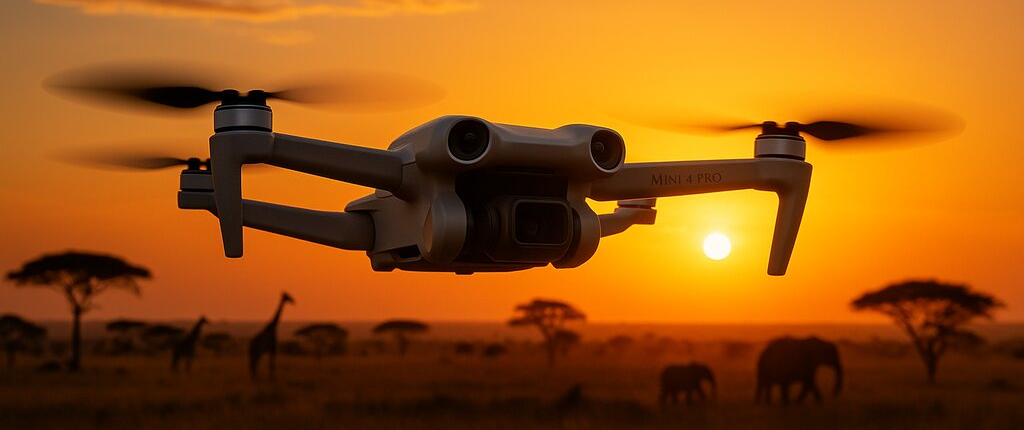 Restricted Airspace
Restricted Airspace
Kenya prohibits drones in:
National parks National reserves Forest reserves Military zones Private conservancies (unless granted approval) Most popular safari destinations fall under strict no-drone zones, including:
Maasai Mara Amboseli Tsavo Samburu Meru Nairobi National Park Ol Pejeta Lewa Conservancy
Special Filming Permits
Professional filmmakers may request special drone permits from:
KCAA (aviation clearance) KWS (park authority) Ministry of Defence (security clearance) County government (local filming license) Kenya Film Commission (filming coordination)
These permits require:
Detailed flight plans GPS coordinates Insurance coverage Security review High permit fees Filming justification Environmental impact review
Approval is not guaranteed, and processing can take weeks or months.
Can Tourists Fly Drones in Kenya’s Parks?
No. Tourists, casual travellers, and recreational drone flyers cannot fly drones in any national park or reserve. Even small drones like the DJI Mini 3 or Mini 4 Pro fall under the same restrictions.
Flying without approval is illegal and can result in:
Confiscation of drone and accessories Fines up to several thousand US dollars Deportation Court prosecution Blacklisting by KWS or immigration authorities
Do not risk it. The consequences are serious, and authorities enforce drone rules strictly.
Are There Any Places in Kenya Where Drones Are Allowed?
Yes—but with restrictions.
Drones may be allowed in:
Private properties (with owner’s consent) Private ranches outside wildlife zones Private homes or lodges Unregulated coastal beaches Selected hotels in non-sensitive areas Urban or peri-urban zones with local approval However, even in these locations, drone operators must:
Register their drone Hold a KCAA permit Avoid flying above people Respect privacy and noise limits Avoid flying near airports or wildlife corridors
Can Drones Be Flown in Zanzibar or Tanzania?
It’s important to note that Tanzania has even stricter drone rules. Drone importation there requires advance approval, and flying without permits is prohibited countrywide.
Travellers combining Kenya and Zanzibar should avoid travelling with drones unless fully licensed.
Are Drones Allowed in Conservancies?
Many of Kenya’s conservancies—such as Lewa, Ol Pejeta, Naboisho, and Mara North—also prohibit drones. They follow KWS guidelines or enforce local bylaws to protect wildlife and guests.
Some conservancies allow drone use for official conservation research or professional filming, but only under supervised conditions and with special permits.
Why Getting a Drone Permit Is Difficult
Drone approval in Kenya involves multiple agencies, making the process complex:
KCAA requires full registration and technical documentation Ministry of Defence reviews security implications Kenya Wildlife Service investigates wildlife safety County governments issue filming approvals Kenya Film Commission oversees media regulations Because wildlife and anti-poaching security are priorities, permits are rarely issued unless the project contributes positively to Kenya’s conservation and tourism.
Other Ways to Capture Stunning Aerial Footage Without a Drone
Even without drones, travellers can capture spectacular aerial perspectives.
Hot-Air Balloon Safaris
In the Maasai Mara and Amboseli, hot-air balloon experiences offer breathtaking aerial views comparable to drone footage—completely legal and wildlife-friendly.
Aerial Photography from Bush Planes
Some safari flights allow photography from window seats, especially during scenic flights over the Mara or Great Rift Valley.
Elevated Lodge Platforms
Certain lodges have viewing towers, treetop decks, or high-perched terraces ideal for landscape photography.
Telephoto and Wide-Angle Lenses
Modern cameras with ultra-wide-angle lenses can create near-aerial perspectives from hillsides or escarpments.
Guided Hillside Hikes
Destinations like Laikipia, Loita Hills, and Rift Valley cliffs allow elevated photography with dramatic natural vantage points.
Tips If You Must Travel with a Drone
If you travel with a drone for non-park use:
Declare it at customs Register it with KCAA Carry your drone pilot license Avoid wildlife zones Never attempt sneaky flights Keep drone inside its bag at game-drive points Do not attempt “quick flights” near parks—rangers patrol these areas Follow privacy and noise rules Kenya is very strict with drone enforcement—proceed carefully and legally.
Final Thoughts: Respect the Law and Protect Wildlife
Kenya’s beauty is meant to be enjoyed responsibly. Drone restrictions are not meant to inconvenience travellers—they exist to:
Protect wildlife Prevent poaching Ensure safety Maintain park tranquility Keep airspace secure Preserve Kenya’s tourism experience A safari is about immersion, not intrusion. Even without drones, Kenya offers incredible photography opportunities from ground level, vehicle vantage points, hilltops, and hot-air balloons.
Book Your Kenya Safari with Experiya Tour Company
For travellers seeking a professionally guided, well-coordinated safari—complete with ethical photography opportunities and responsible travel practices—Experiya Tour Company is the ideal partner. Their expert guides understand photography, wildlife behaviour, lighting conditions, and park regulations, ensuring you enjoy breathtaking moments safely and legally. Whether you want a photography safari, a luxury honeymoon, or a classic wildlife adventure, Experiya crafts unforgettable journeys tailored to your interests. When planning your Kenya safari, trust Experiya Tour Company to deliver excellence, expertise, and extraordinary memories.

